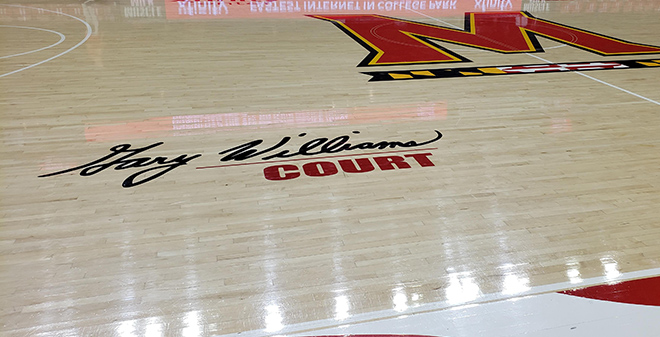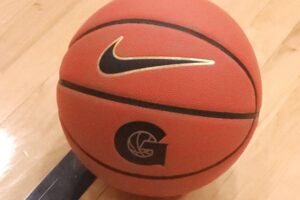One of the biggest mistakes misconceptions fans have is thinking that all number one picks in the NBA draft are the same. For those fans to understand how untrue this is, they will need to go through the CBA or, at least, an article that gives you the “CBA lite” version.
For one and done players, picking your school is more important now than ever. It’s become more than just saying “I’m going to be a lottery pick”. The “Kevin Durant” rule was put in to prevent movement or more importantly, the threat of movement.
Instead of teams being able to designate one player, it can designate four players that they will have the advantage of re-signing. Two of those players can be rookies and two can be veterans. Teams can give a max five year extension added onto the final year of the existing contract.
As a rookie, I wouldn’t want to be in a situation where teams are bringing me along slowly like “The Process” in Philadelphia. Sitting out games ensures that management will keep control of the player under their terms because the player isn’t going to make the criteria if they spent the first 3 years of their rookie deal playing on and off.
With the depth in the NBA, rookies will need to get going and get going earlier in their careers and that can be impacted by where you go to school. Lets use Ben Simmons as an example. From an NBA skill-set perspective, what did he gain by going to LSU? Even if Simmons didn’t get hurt, he gained little to nothing by his choice of schools. Joel Embiid is a different story. Picking Kansas gave him the structure he needed to maximize his one and done stay in college. Albeit, he ended up getting hurt but the line of thinking was correct. If you’re going to be a one and done, you have to pick a school that will enhance your NBA career earlier in your rookie deal. On the other side, players like Justin Jackson from North Carolina benefited by playing in a system that brought him along at a slower pace. He was never going to be “one and done” so players in his situation shouldn’t be compared to the likes of Simmons or Embiid.
For a player like, Michael Porter Jr., you can only hope that his choice of Missouri won’t come back to bite him. He will be playing for a new coach, Cuonzo Martin (formerly coached at Tennessee and Cal), so there isn’t an established system at Missouri. The Tigers could be a very young team in every way. Point guard Blake Harris has signed and will play right away. Also, Missouri is in the running for Kevin Knox Jr. and Jeremiah Tilmon. If one or both sign, you can expect them to play right away. So the question will be what system will Martin install to ensure he’s using his young talent? The system has to be a “for this season” style considering that there will be no “next season” for Porter Jr.
For all the criticism John Calipari gets at Kentucky, he gets his kids prepared for the NBA. It would benefit him to put training wheels on his players so they would stay, at least, two seasons. Instead, he preps the high level, high potential players for the next level.
Coaching philosophy matters. The idea that a player is so good that they would be prepared no matter where they went is misguided.
If you’re a “one and done” player you need to gain something in that freshman year or be in a situation that will give you more of an NBA style of play, in part, because of the designated veteran clause. The clause applies to superstars on their second contract. As a number one pick both the player and the team think they there is a chance to be a superstar.
Under that provision, the player can get 35%, instead of 30%, of the cap number. The kicker is how a player can qualify for the extra 5%. You have to be named All-NBA the year before becoming eligible for an extension or twice in the previous three years. You can also qualify by winning the MVP or Defensive Player of the Year.
The depth in the NBA makes it difficult to achieve this. Paul George is currently living this reality. George is one of the top players in the NBA. He’s been named All-NBA three times but only once in the last three seasons. So he will need to make the All-NBA team this season. How difficult will that be? He will be competing with the likes of LeBron James, Kawhi Leonard, Giannis Antetokounmpo, Anthony Davis, Jimmy Butler and Draymond Green.
If it’s that hard for Paul George, how hard will it be for a player who has spent the first two years of his rookie contract sitting because he’s still getting used to the NBA style of play? The days of being the number one pick and getting the Glenn “Big Dog” Robinson contracts are gone. As the NBA’s CBA has evolved so should the thought process of the “one and done”. To the players who fall into that category, school choice matters more now than ever.
Marcus “Mook” Washington is the host of Making The Cut. Follow Mook on Twitter: @mtcwithmook and IG: MTCWithMook



